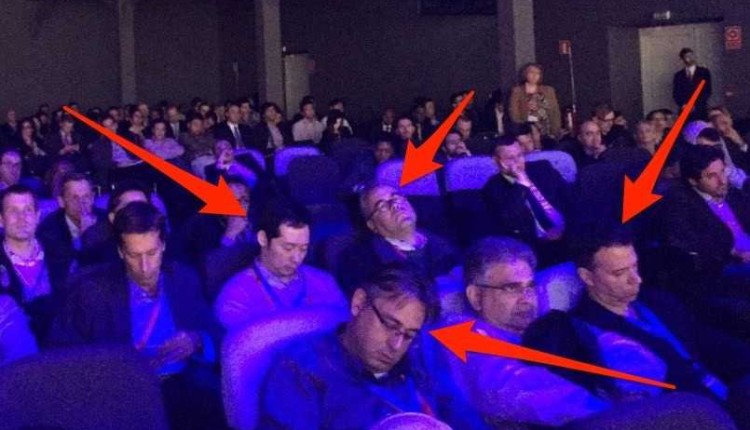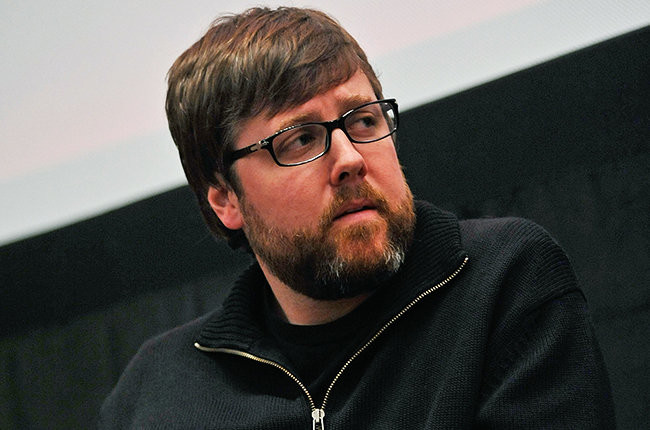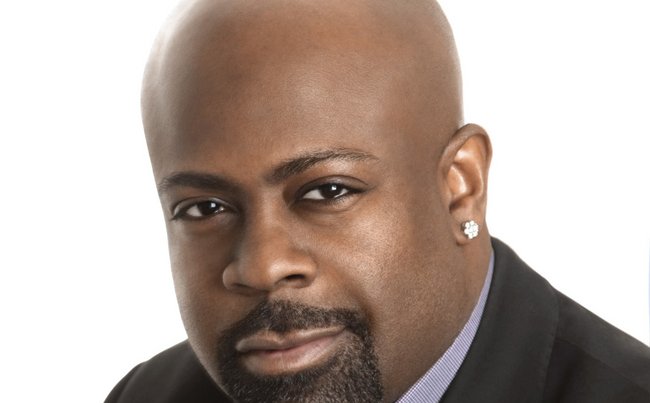digitalmusicnews.com –
The following comes Steve Gordon, regarded as one of the top attorneys in the music industry. Last week, he outlined 11 contracts that every artist, songwriter and producer should know. So here’s the first one: management contracts.
In this installment, we will discuss management agreements.
As I wrote in “Now You Know Everything about Music Managers,” managers have never played a more important role in the music business than they do today. If you have taken or are ready to take the next step in your music career, you probably need one.
A good manager advances the career of her client in a variety of ways. Traditionally, a manager provided advice on all aspects on the artist’s professional life, used her relationships to generate opportunities, negotiated deals when the opportunity to do so arose, and helped the artist select other members of the “team,” such as accountants, lawyers, booking agents, and publicists. A manager’s principal job was, however, searching for the “holy grail”—shopping the artist to record labels, particularly the majors, with the hope of signing a lucrative recording agreement. Signing a record deal meant a payday for both the artist and the manager. Managers work on commission, so the goal was to sign with a major label and negotiate the largest advance possible. In the 90’s, when I was a lawyer for Sony Music, we paid advances to new artists ranging from $250,000 to upwards of $500,000. If the artist caught fire, both the artist and the manager could become very wealthy from record sales alone. Those days are largely gone.
Starting in 1999, income from recorded music has declined more than 75%, accounting for inflation. As a result, the major labels (Sony, Universal, and Warner, along with their affiliates) sign fewer artists and pay those new artists far more modest advances. An artist may never get a deal, or may be dropped from the label’s roster much faster than in the past, when labels had spare cash to support a developing artist. For instance, Bruce Springsteen did not catch fire until after Columbia (now a Sony affiliate) released two albums. But, Columbia had faith and supported him through the early disappointments.
Today, with the major labels fighting just to survive, a story like that is far less likely to occur. Labels would rather put their resources behind already established acts, where a return on investment is more certain.
In these days of financial insecurity in the record business, the manager’s role is more important than ever. In the past, once the artist was signed to the major label, the manager’s primary function became to serve as liaison between the record company and the artist. The manager lobbied the label to do more, spend more, and focus more on the manager’s artist. However, due to budget cuts and massive layoffs at the labels, today’s manager does a lot of the work that the label used to do. For example, the manager may take over social networking, search for opportunities to get the artist’s music in movies or commercials, or find branding opportunities with sponsors. And, if the artist can’t find an acceptable record deal, the manager may become the artist’s de facto label and take on the responsibility of securing funding from investors or crowd funding to produce records, arranging physical and digital distribution, and everything else the record companies traditionally do.
The Pro-Manager Agreement (With Pro-Artist Commentary).
In the following PDF, I critique a standard pro-management agreement and explain in the comments the changes an artist should negotiate. There are a number of important terms where the interests of the manager are directly adverse to the interests of the artist. For example, it is generally in the manager’s interest to have a long initial term and several options to extend the duration of the agreement. The artist, conversely, will want to be able to get out of an agreement quickly if the manager is not meeting the artist’s goals. This issue is addressed in the comments for the first paragraph of the pro-management agreement.
(if you’d like to download the PDF, it’s here)
Read more at digitalmusicnews.com –







